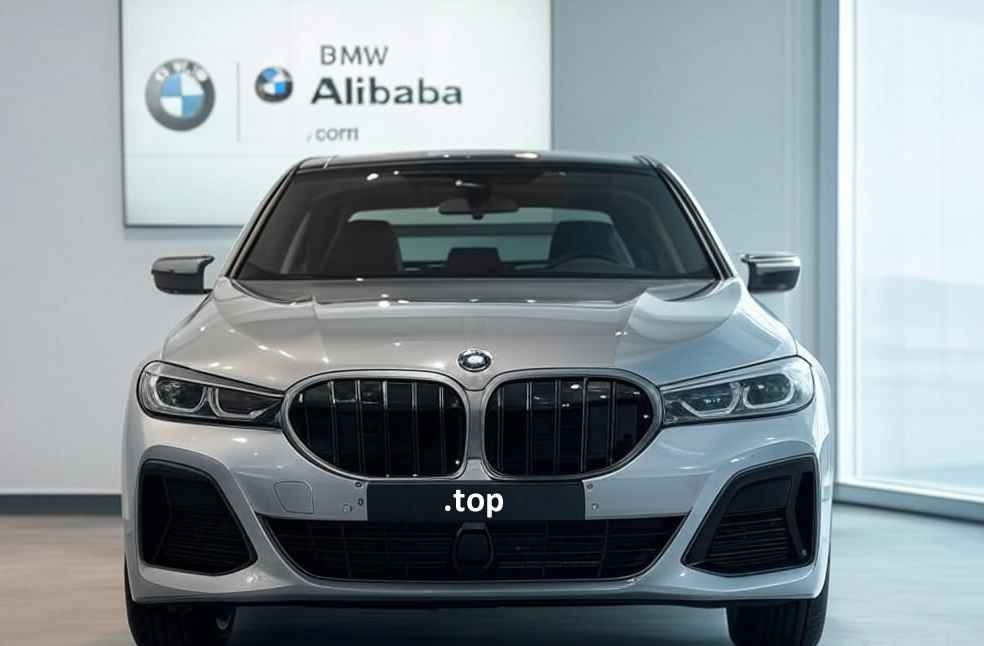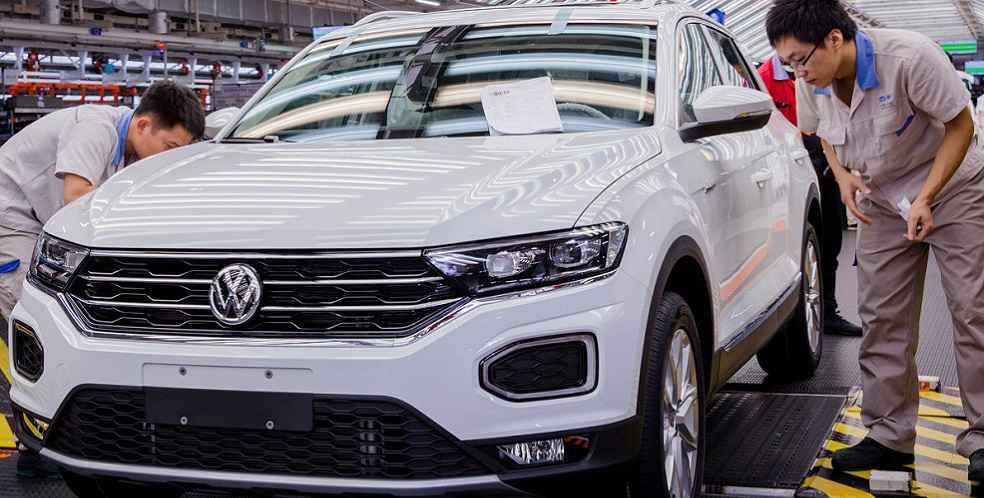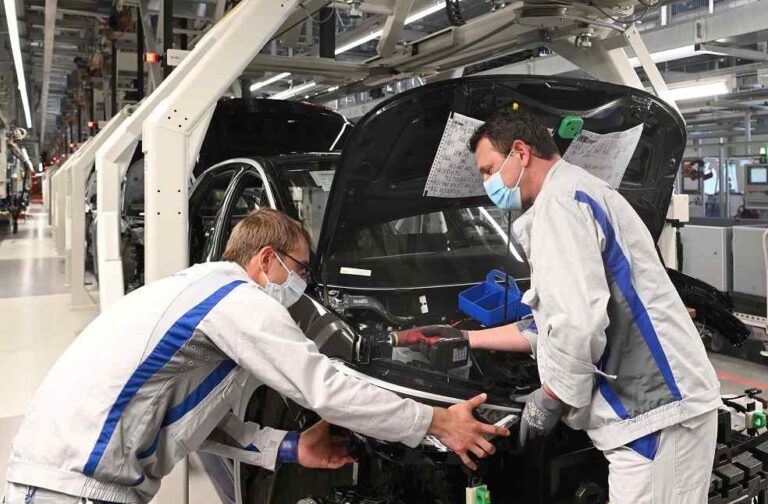German automaker BMW has warned that recent U.S. tariff hikes have weighed heavily on its performance, joining Volkswagen and Mercedes-Benz in reporting reduced earnings linked to new trade barriers.
BMW’s operating profit fell 16.2% year-on-year to €8.06 billion ($9.25 billion) in the first nine months, according to its latest quarterly report.
Although the decline was less severe than in the first half, when profit dropped 26.8% following U.S. tariffs on European car imports, a modest rebound in the third quarter helped offset earlier losses.
The improvement was partly due to a low comparison base from the previous year, when BMW faced high supplier costs tied to a braking-system issue.

Global deliveries grew 2.4% from January to September, driven by strong demand for electrified models. Revenue slipped 5.6% to around €100 billion, while net profit fell to €5.7 billion.
BMW’s finance chief, Walter Mertl, said the tariffs reduced the company’s automotive EBIT margin by about 1.75% points in the third quarter and are expected to trim 1.5 points for the full year. Free cash flow is now projected at around €2.5 billion, half the earlier forecast.
The U.S. raised tariffs on European vehicles by 25% in April before lowering them to 15% in July after talks with the EU. Despite the reduction, Germany’s automotive industry association (VDA) described the rate as still punitive, warning of long-term damage to competitiveness.

Volkswagen also reported a sharp profit drop, with operating earnings down 58% to €5.4 billion for the first three quarters and sales in North America slipping 11%. CFO Arno Antlitz said the tariff increases and related volume losses cost the company up to €5 billion annually, adding that these effects would persist.
Mercedes-Benz, which lacks manufacturing facilities in the U.S., was hit hardest, recording a 50% fall in nine-month net profit to €3.88 billion. The company cited U.S. tariff policy and wider macroeconomic uncertainty as key factors weighing on its outlook.
The three automakers’ statements reflect mounting concern that sustained trade tensions with Washington could erode Europe’s automotive profitability and reshape global production strategies.
NEW LAUNCH | Japanese Carmakers Invest $11 Billion in India





